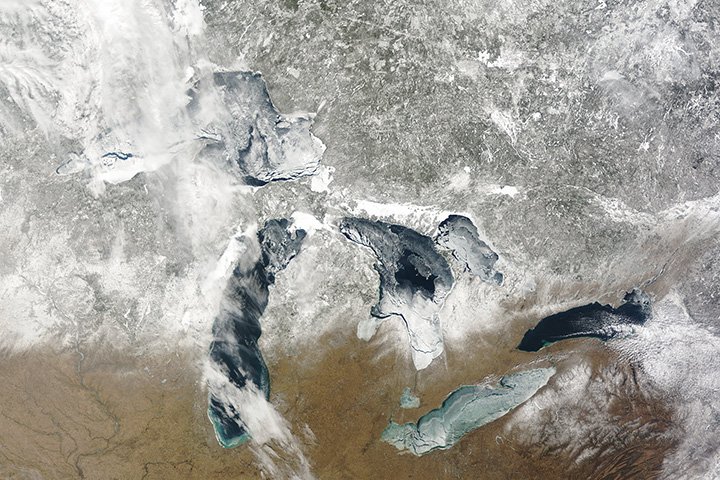2020. It’s been a year like no other, and we’re not yet done with it.
2020. It’s shorthand for a dense tale of human tragedy—death, murders, racial injustice, floods, fires, hurricanes—that many living today have not experienced. We heard our parents’ or grandparents’ tales of wars and devastations and we studied them, too. But this year, we have lived them.
2020 is the year in which we realized that we are very much still human, that we are of our bodies.
Critical Engagements’ focus this year could only be on being human in the ways we have been this year. Below is our revised description for the year ahead.
Be well. Keep well.
***
This year’s pandemic, economic chaos, and natural disasters have all underscored how fleeting those basic things that make us human can be: bodies, identities and abilities, languages, families, communities — even our dreams and beliefs have been upended. And with George Floyd’s murder on May 25, 2020, we had yet another devastating reminder of the ongoing ways in which we have seen and defined each other as less than human.
While this year’s theme can lead us in many directions, we will emphasize in particular the dignities and rights essential to human beings. How do race, gender, sexual preference, and other identities relate to basic human rights across history and today? We will also explore questions around definitions of humanity and language, technology, and sciences because they contribute to our understanding of those identities and rights. While we don’t have all the answers, we know that they are as critical as they are complicated. Please join us as we engage the resources of our university and community to work on a question that matters so very much.
Key Issues and Problems
Human identities: gender, race, sexual preference and others
Rights, human rights, animal rights
Hominids, human origins, biological anthropology
Language, linguistics, linguistic anthropology
Medical and psychological definitions of life, death, consciousness, personhood
Philosophical and religious accounts of life, death, consciousness, personhood
Artificial intelligence, artificial consciousness
Robots, robot ethics, robot rights, robot definitions; the future of work in a world of robots
What does it mean to be humane?




















